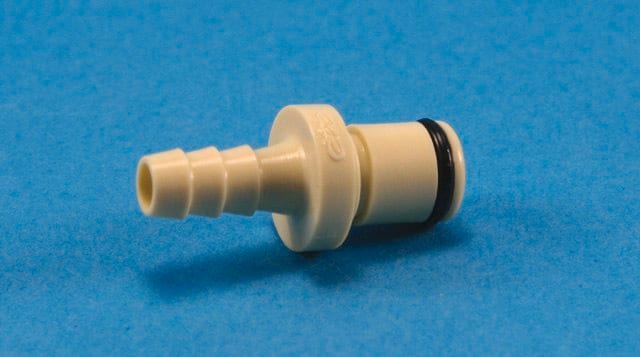BCR308
9-Nitroanthracene
BCR®, certified reference material
About This Item
Produits recommandés
Qualité
certified reference material
Agence
BCR®
Fabricant/nom de marque
JRC
Technique(s)
HPLC: suitable
gas chromatography (GC): suitable
Pf
141-144 °C (lit.)
Format
neat
Température de stockage
2-8°C
Chaîne SMILES
[O-][N+](=O)c1c2ccccc2cc3ccccc13
InChI
1S/C14H9NO2/c16-15(17)14-12-7-3-1-5-10(12)9-11-6-2-4-8-13(11)14/h1-9H
Clé InChI
LSIKFJXEYJIZNB-UHFFFAOYSA-N
Vous recherchez des produits similaires ? Visite Guide de comparaison des produits
Description générale
Application
- Aerosol samples using direct infusion into an atmospheric pressure photoionization high-resolution mass spectrometer (APPI-HRMS).
- Air and diesel particulate reference materials using pressurized-fluid extraction (PFE) with normal-phase liquid chromatography (LC) followed by gas chromatography coupled to mass spectrometry (GC-MS) in negative ion chemical ionization (NICI) mode.
Remarque sur l'analyse
BCR308
Informations légales
Code de la classe de stockage
11 - Combustible Solids
Classe de danger pour l'eau (WGK)
WGK 3
Point d'éclair (°F)
Not applicable
Point d'éclair (°C)
Not applicable
Équipement de protection individuelle
Eyeshields, Gloves, type N95 (US)
Faites votre choix parmi les versions les plus récentes :
Certificats d'analyse (COA)
Désolés, nous n'avons pas de COA pour ce produit disponible en ligne pour le moment.
Si vous avez besoin d'assistance, veuillez contacter Service Clients
Déjà en possession de ce produit ?
Retrouvez la documentation relative aux produits que vous avez récemment achetés dans la Bibliothèque de documents.
Notre équipe de scientifiques dispose d'une expérience dans tous les secteurs de la recherche, notamment en sciences de la vie, science des matériaux, synthèse chimique, chromatographie, analyse et dans de nombreux autres domaines..
Contacter notre Service technique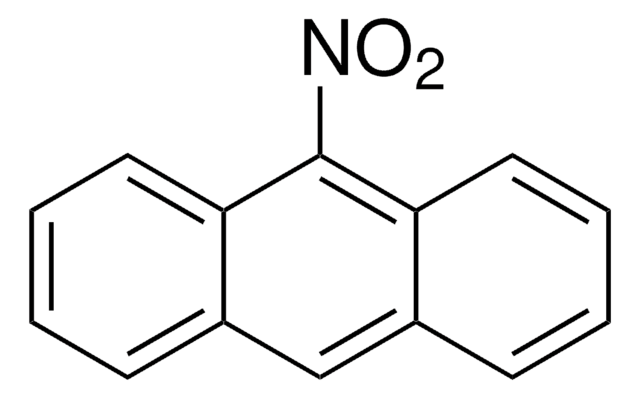
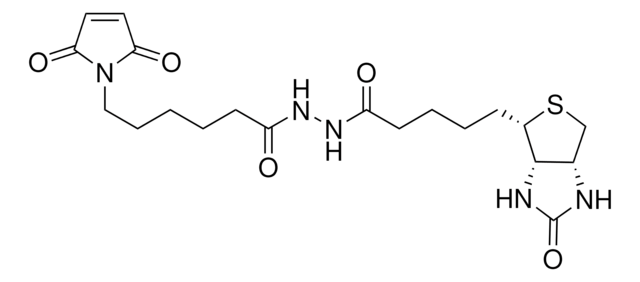
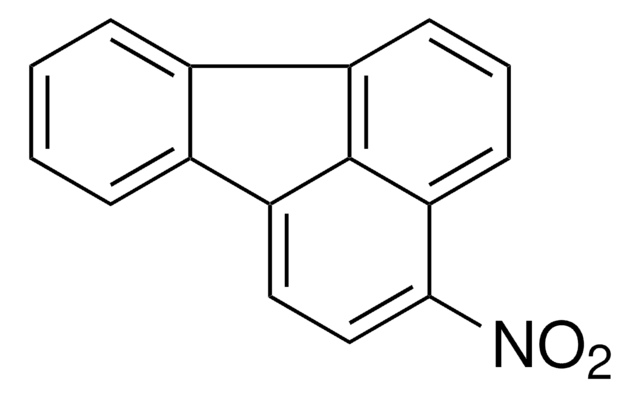
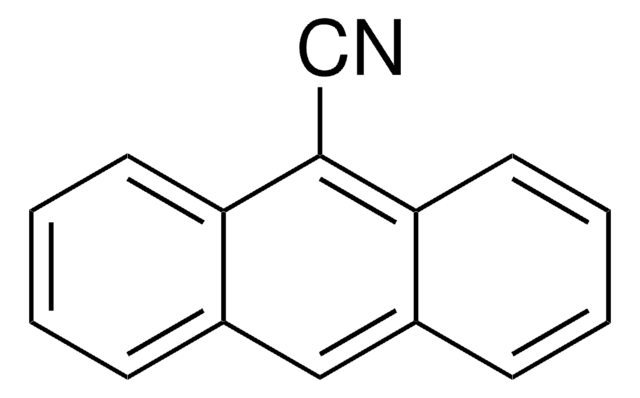
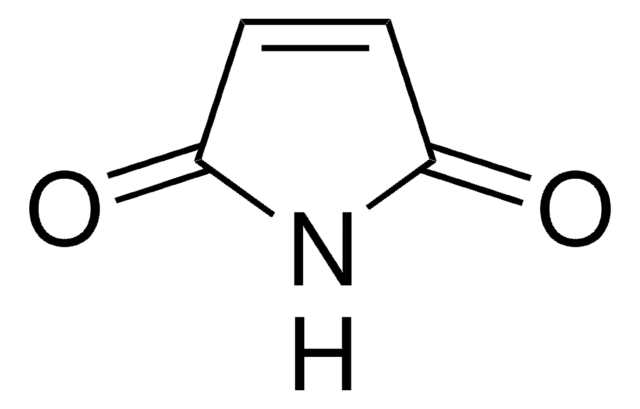
![6-Nitrobenzo[a]pyrene BCR®, certified reference material](/deepweb/assets/sigmaaldrich/product/structures/171/174/0d276831-8604-4a0e-96f0-36fe2fd87f0a/640/0d276831-8604-4a0e-96f0-36fe2fd87f0a.png)

